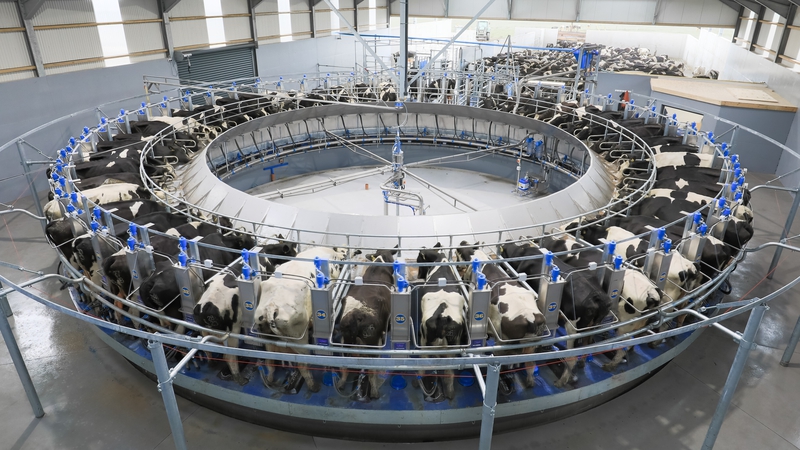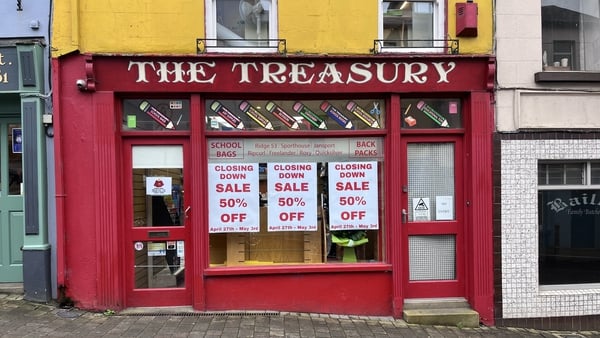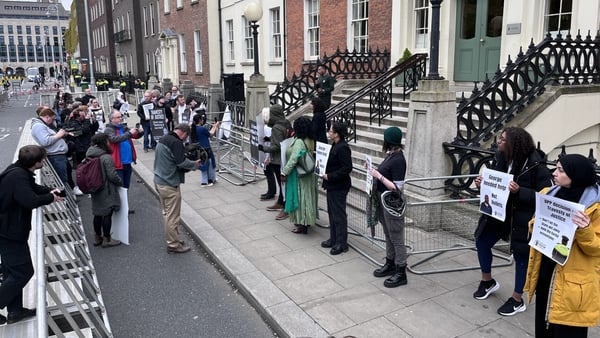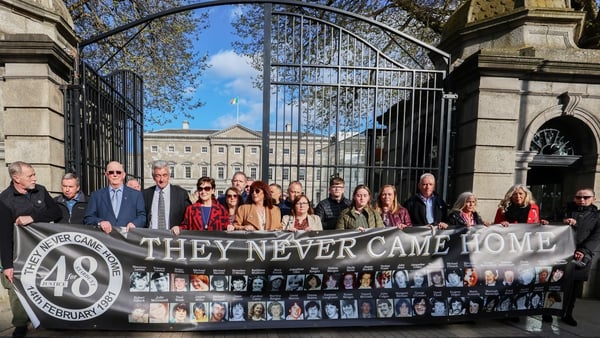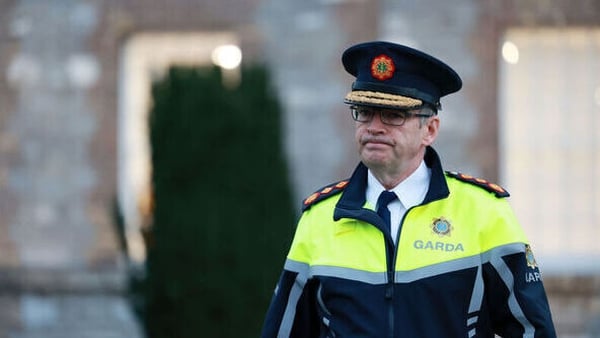Ireland has again missed it annual greenhouse gas emissions target set by the European Union, exceeding its allocation by five million tonnes last year.
Figures from the Environmental Protection Agency show agriculture remains the sector which emits the most - accounting for 34% of the total.
It is the third year running that Ireland has exceeded its emissions budget.
Overall though there was a marginal decrease in total emissions in 2018, down 0.2% compared to the previous year at 60.5 million tonnes.
Emissions from agriculture rose by 2% last year to 20.5 million tonnes, with the EPA pointing to the increase in dairy herd numbers as a significant reason for the rise.
The figures also show transport accounted for 20% of all greenhouse gas emissions.
Dr Eimear Cotter, director of the EPA's Office of Environmental Sustainability, said at a time of global urgency to address climate change, missing targets is a national trend we must reverse.
She said Ireland must implement the commitments in the 2019 Climate Action Plan.
The figures also show that there was a 12% decrease in emissions from the energy industry driven largely by the maintenance works at the Moneypoint generating station, and an increase in renewable energy.
Household emissions increased by 8% to six million tonnes, as a result, according to the EPA, of a colder winter in 2018 which led to a greater demand for home heating.
We need your consent to load this rte-player contentWe use rte-player to manage extra content that can set cookies on your device and collect data about your activity. Please review their details and accept them to load the content.Manage Preferences
Speaking on RTÉ's Morning Ireland, Ms Cotter said changes to farming practices, home heating and energy production are some of the areas that need to become more sustainable.
She said that the Climate Action Plan published this year is a comprehensive road map towards improvements and it now needs to be implemented fully.
She said there is the willingness from the public and infrastructure to make changes but we need to see action on the ground now to get us to where we need to be.
Minister for Communications, Climate Action and Environment Richard Bruton said the figures reinforce the importance of implementing the Climate Action Plan.
He said Ireland has "drifted off target" and must implement a "decisive policy shift each year, every year".
Mr Bruton said EPA figures on emissions for 2018 show Ireland has so far "failed to break the link between emissions and our reviving economic prosperity".
He described the Climate Action Plan and the Budget as "a real watershed" in the Government's efforts to bring about environmental change and said he is determined to implement the changes.
Speaking on RTÉ's Today with Sean O'Rourke, he said that the introduction of a carbon price which is going to increase to €80 per tonne (over 12 years) "puts a price on the damage occurred".
He said the Government is aiming to have five times as many renewables, ten times the volume of retrofitting, 20 times more electric vehicle purchases and an end to coal and peat over the lifetime of the Climate Plan.
He said all money from carbon pricing will be used to empower people to make changes in their lives and to protect workers exposed to the changes.
The minister added that significant changes in farming practices will be needed and the development of bio-economy potential.
Tánaiste and Minister for Foreign Affairs Simon Coveney said that while the EPA report shows that emissions had fallen for a second year in a row the decrease is too small and driven by some temporary occurrences, primarily the temporary closure of Moneypoint.
Speaking during Leaders' Questions in the Dáil, Mr Coveney said the figures reflect the position prior to the publication of the National Climate Action Plan and underline the urgency of implementing the plan's actions in full across government.
